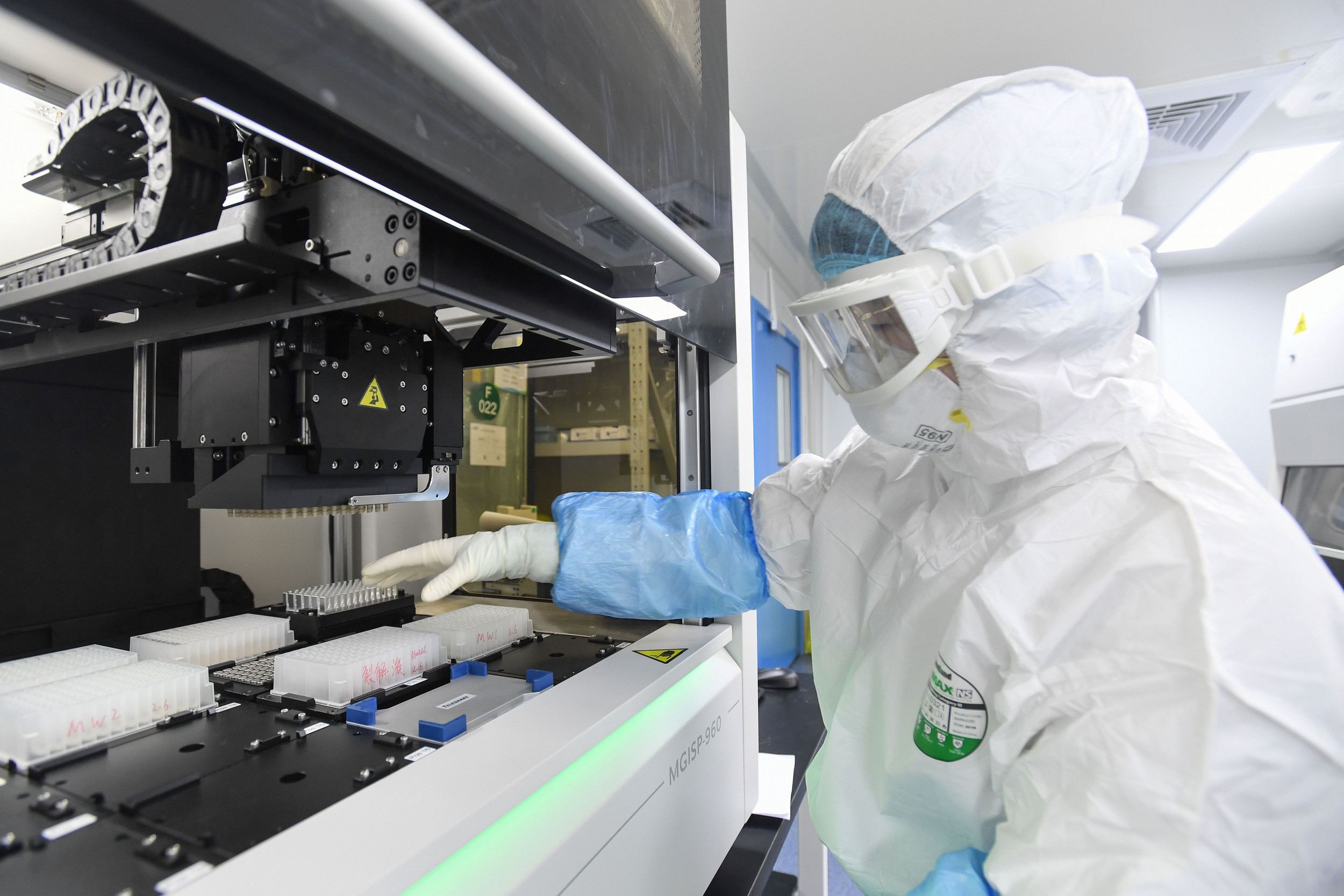The new R.1 variant of COVID-19, which scientists fear is more infectious and could evade current vaccines, has begun spreading in the U.S. after it was discovered in a Kentucky nursing home earlier this week.
Originating in Japan, the variant has now racked up over 10,000 confirmed infections – mostly in Japan and the U.S. – just as travel restrictions to and from the country begin to ease.
Meanwhile, the Biden administration has pledged to purchase over one billion COVID vaccines for poorer countries amid criticism from the World Health Organization that richer nations were not doing enough to support their allies.
A round of Pfizer booster vaccinations will be also offered to seniors and the most vulnerable Americans after the Food and Drug Administration signed off plans for the rollout. It follows a series of heated discussions among top U.S. scientists over whether a booster shot is necessary and who should be allowed to get it.
Follow Newsweek’s liveblog for all the latest…
FDA authorization for booster shots ‘major step forward’ – White House
Under the FDA authorization, Americans who are already fully vaccinated will be eligible for a third dose six months after receiving their second Pfizer shot – different from the rejected Biden proposal which called for boosters after eight months.
FDA acting commissioner Dr. Janet Woodcock said in a statement that the authorization would allow booster shots for healthcare workers, teachers, grocery workers, and those in homeless shelters or prisons.
White House Press Secretary Jen Psaki called the decision a “major step forward” for the U.S. vaccine rollout in a tweet last night.
Today’s FDA decision is a major step forward in our effort to provide Americans with additional protection from COVID-19. We have been preparing for weeks to administer booster shots to eligible Americans and are ready to do so following CDC’s final recommendation later this week
— Jen Psaki (@PressSec) September 23, 2021
R.1 variant ‘contains five mutations’ seen in ‘variants of concern’
An “escape mutation” named E484K has been found in the R.1 variant, which researchers believe gives it an “increased resistance” to antibodies created by current vaccines.
R.1 also shares the D614G – found in all other variants that have overtaken the novel Alpha strain – which has been shown to significantly increase infectiousness.
Writing in Forbes, scientist William A. Haseltine describes how all five mutations could spell for a dangerous variant emerging in the U.S.
R.1 variant detected in 47 states
After spreading through 45 residents and staff at Kentucky nursing home earlier this year, it has been revealed that nearly all U.S. states have had cases of the variant, which is suspected to be able to bypass the antibody protection provided by current vaccines.
Over 2,200 Americans have been found with the R.1 strain so far, with the latest case detected on August 6 and representing at least 0.5 percent of all new cases last month.
Maryland was found to have the highest number of cases, with 399 cases being detected since it was first found in the country.
CDC forecasts up to 18,000 COVID deaths a week in October
The Centers for Disease Control has released its predictions for next month, showing a dire peak of COVID deaths before an expected drop, following a slowing in the number of infections in the past two weeks.
Good morning and welcome to Newsweek’s liveblog
Follow for live updates on COVID-19 throughout Thursday.









